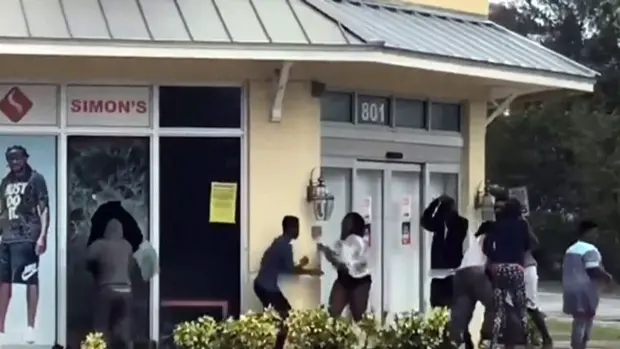Key members of the Yes and No campaigns for the Scottish independence referendum on Tuesday night engaged in a live TV debate in Edinburgh with the aim of convincing more voters.
Broadcast live on Scottish television channel STV, the two-hour debate focused on topics such as the economy including North Sea oil revenues, social justice, welfare, defence and international affairs.
The debate followed last month's two rounds of live TV debate by Scottish First Minister Alex Salmond and Better Together campaign leader Alistair Darling in Glasgow.
Nicola Sturgeon, Scottish Deputy First Minister, stressed that "independence is not magic, but offers massive opportunities for our generations". She also maintained that "economy is central to this debate" and the North Sea oil is a bonus.
"This is our time, time to believe ourselves, and believe each other," she noted, insisting that only Yes to independence for Scotland can cut nuclear costs, decides what's best for Scotland.
Labor shadow foreign secretary Douglas Alexander for Better Together reiterated the risks and uncertainties facing Scotland after independence, noting that "more decisions will be taken here by Scots" within Britain and calling for "No, Thanks" to independence.
Moreover, Patrick Harvie, Co-convenor of the Scottish Green Party; Elaine C Smith, actress and member of the Yes Scotland advisory board from the "Yes" campaign, and Ruth Davidson, leader of the Scottish Conservatives; Kezia Dugdale, Shadow Secretary for Education, also joined the debate.
Andrew White, a 59-year-old member of the audience from Livingston which is about 25 km west of Edinburgh, told Xinhua that he thinks the Yes campaign is financially irresponsible with many promises such as increasing public spending and reducing company taxation, but failed in coming clean about sharing budget deficit as a part of Britain, legitimate debt, and taxation on middle income people, who will probably be the most affected as someone has to pay for the spending after independence.
However, audience who support the Yes campaign argued that working class kids should get better education and changes must be made now.
For Ben Newbon, a 28-year-old young man who is from London and has been working in Edinburgh for four years as a computer games developer, no one knows what it will be like after independence, and he didn't think he will be convinced by the campaigners remarks.
Excluding "don't knows", 53 percent of those questioned planned to vote No in the Scottish independence referendum on Sept.18, while 47 percent would back Yes, showed the latest YouGov poll results.
In mid-August, 57 percent support for No and 43 per cent for Yes, with 61 percent for No and 39 percent for Yes at the beginning of last month, according to the poll results.
Meanwhile, Salmond said in an interview with BBC that people who had never engaged with politics were becoming involved, calling it "a democratic sensation".
British Prime Minister David Cameron's official spokesman said opinion polls would not make the British government change its strategy.
"We have confidence in the argument that the government and others are making," he said, insisting "The only poll that matters is the referendum itself."
The number of electors registered on Aug. 1 was about 4.17 million, over 90 percent of the eligible population. The deadline for voter registration ended midnight Tuesday.
In October 2012, Cameron and Salmond signed the Edinburgh Agreement, allowing Scotland to hold an independence referendum in autumn 2014 on the question, "Should Scotland be an independent country?" Enditem
 简体中文
简体中文

